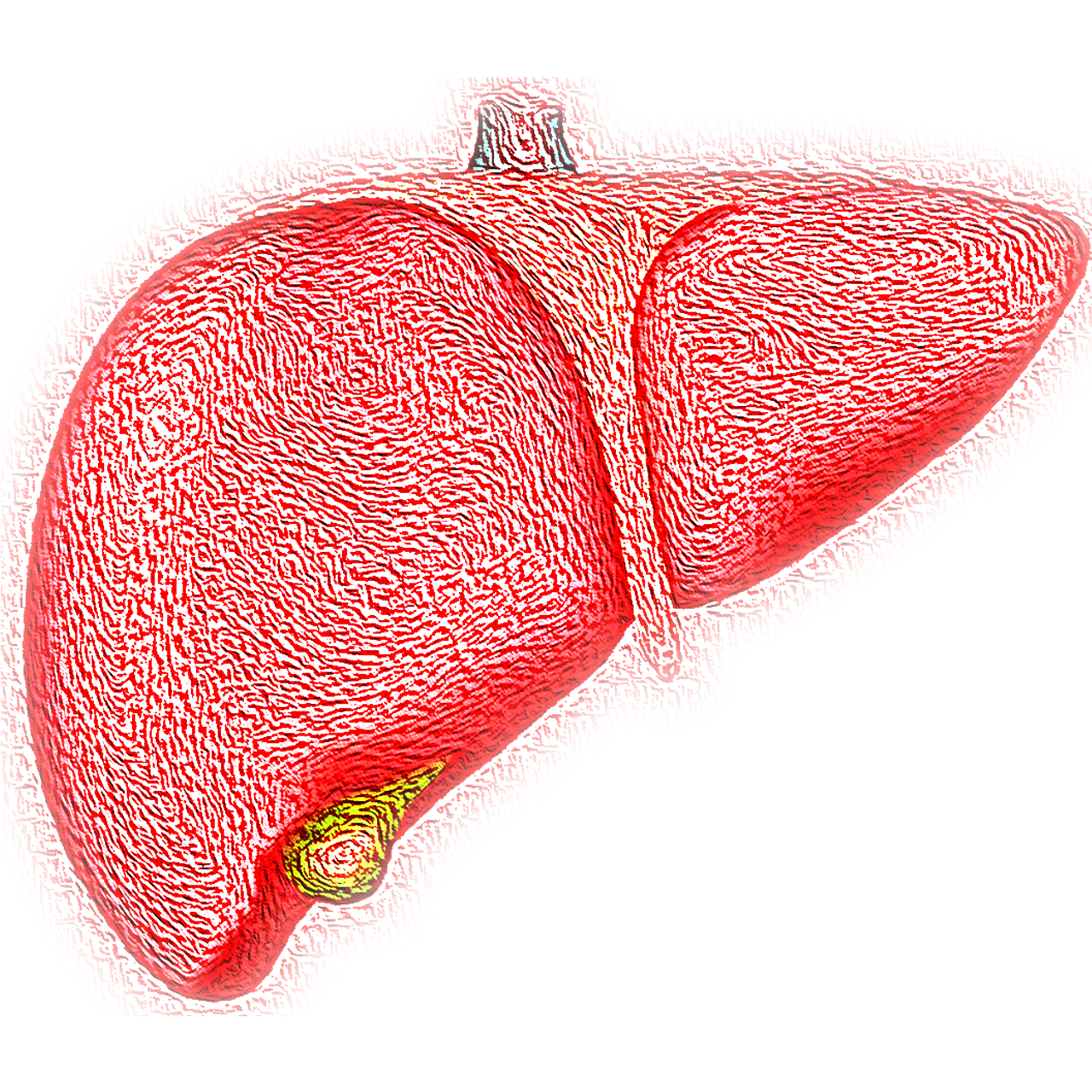Let’s face it: the liver is the primary organ in the body that often gets overlooked when it comes to health. According to Traditional Chinese Medicine, the liver is responsible for the smooth flow of emotions, Qi, and blood. Therefore, it is the organ most affected by excess stress or emotions.[i] The liver is responsible for numerous functions in the body. Its primary functions are to filter the blood of toxins and neutralize toxins. Additionally, the liver provides these functions.[ii]:
- Detoxify the bloodstream- Clearing the blood of drugs and other harmful substances
- Regulate blood clotting
- Supports Digestion- Helps break down fats and carry away waste
- Cholesterol Regulation- Produces cholesterol and unique proteins to help carry fats (good and bad) through the body
- Blood Sugar Control- Helps store excess sugar in the bloodstream or trigger its release when needed
- Helps with iron storage and release (anemia) in hemoglobin
- Immune support- Produces key immune factors and helps remove bacteria from the bloodstream
Considering the many functions of the liver, maintaining a healthy liver will significantly impact your overall health and well-being. Here are some of the areas in which studies indicated having a healthy liver may be a benefit[iii]:
- Improved overall health
- Weight loss
- Slowed aging
- Increased energy
- Potentially fewer aches and pains
- Healthier skin and hair
- Hormonal balancing
- Decreased sinus and allergy issues
- Stronger immune system
- Less digestive complaints, i.e., gas, bloating, and more regularity
- Fresher breathe and oral health
- A positive mood and sharper mind
The rise in people being overweight, high fat and refined/processed foods, decreased activity levels, medication use, alcohol consumption, non-organic foods/beverages, exposure to environmental toxins, and high-stress lives all contribute to an unhealthy liver.
Something Not so New: Nonalcoholic Fatty Liver (NAFL)
An often overlooked area of liver health is the unwanted buildup of fat deposits in the liver. This condition is known as nonalcoholic fatty liver (NAFL) and is common in people with specific conditions such as obesity and type 2 diabetes. For example, researchers have found NAFL in 40 to 80 percent of people with type 2 diabetes and 30 to 90 percent of people who are obese.[iv] Additionally, it is estimated that 1 in 4 people worldwide has some sort of NAFL, while in the U.S., up to 100 million people may have fatty livers.[v] Even though the above metabolic conditions contribute to having a fatty liver, it is not limited to people with these challenges. Certain medications, high blood fats, certain types of infections, and even pregnancy can be underlying causes of fatty deposits forming in the liver.[vi]
Luckily, studies that were conducted on several supplements have shown positive results and might be beneficial for general liver health:
Milk Thistle
The active substance in milk thistle is silymarin, which comprises several natural plant molecules. Studies show that silymarin may help the liver cells regenerate, decrease inflammation, and protect them from damage in an antioxidant-type manner.[vii]
Altilix (Artichoke)
Altilix is the clinically studied ingredient I recommend if you are looking for artichoke. Artichoke has been used in traditional medicine for centuries as a specific liver and gallbladder remedy. The active ingredient in artichoke is cynarin, which is found in the highest concentrations in the leaves. Research with Altilix shows an improvement in NAFL parameters, including liver enzymes, glucose metabolism, and blood fats (Cholesterol and Triglycerides). Like silymarin, cynarin has demonstrated liver-protecting and regenerating effects in several studies.[viii].
Dandelion
Dandelion has been tested against various drugs and chemical-induced chronic liver diseases in experimental animals and has yielded promising results. In vitro studies also show liver-protective, antioxidant, and anti-inflammatory properties.[ix].
ThymoQuin (Black seed oil)
Studies done in animals have shown that ThymoQuin (a patented black seed oil) reduces fat particle size and amounts in the liver. This ingredient shows great promise for its impact on metabolic syndrome and fatty liver.
4’LiverTM
4’LiverTM is something new to the natural health market. It is a potent herbal extract traditionally used in Ayurvedic formulas. It combines two herbs (Terminalia chebula and Sphaeranthus indicus). A recent study showed that 4’LiverTM helped reduce fatty liver index, impacts the progression of fatty liver, supports liver biomarkers, supports healthy blood fat levels (LDL, HDL, etc.), supports overall liver function, and acts as a potent antioxidant protecting the liver. The study also showed that this potent liver health combination outperformed silymarin by the end of the study. Perhaps 4’LiverTM should be our top consideration for liver health support.
[i] https://www.tcmworld.org/what-is-tcm/the-five-major-organ-systems/tcm-lifestyle-wisdom-for-liver-health/
[ii] Stanford Medicine Children’s Health Website, https://www.stanfordchildrens.org/en/topic/default?id=anatomy-and-function-of-the-liver-90-P03069, Anatomy, and Function of the Liver, accessed 8/22/2022
[iii] Medical News Today website, https://www.medicalnewstoday.com/articles/305075.php “What does the liver do?”, Last reviewed August 16, 2022, accessed August 29, 2022
[iv] National Institute of Diabetes and Digestive and Kidney Diseases website, https://www.niddk.nih.gov/health-information/liver-disease/nafld-nash/definition-facts, “Definition & Facts of NAFLD & NASH,” Last reviewed April 2021, accessed August 24, 2022
[v] Drew, L. Drug development: Sprint finish. Nature 551, S86–S89 (2017). https://doi.org/10.1038/d41586-017-06926-1https://www.nature.com/articles/d41586-017-06926-1
[vi] Mayo Clinic website, https://www.mayoclinic.org/diseases-conditions/nonalcoholic-fatty-liver-disease/symptoms-causes/syc-20354567 “Nonalcoholic fatty liver disease, September 22, 2021, accessed August 24, 2022
[vii] PDQ Integrative, Alternative, and Complementary Therapies Editorial Board. Milk Thistle (PDQ®): Health Professional Version. 2018 August 17. In: PDQ Cancer Information Summaries [Internet]. Bethesda (M.D.): National Cancer Institute (U.S.); 2002-. Available from: https://www.ncbi.nlm.nih.gov/books/NBK65780/
[viii] Cilt, Sayi, Hepatoprotective effects of artichoke (Cynara scolymus), Bilm ve Genclik Dergisi Tunceli University 2013 Vol. 1, Issue 2,
[ix] Devaraj, Ezhilarasan. Hepatoprotective properties of Dandelion: Recent update. Journal of Applied Pharmaceutical Science. 6. 202-205. 10.7324/JAPS.2016.60429

